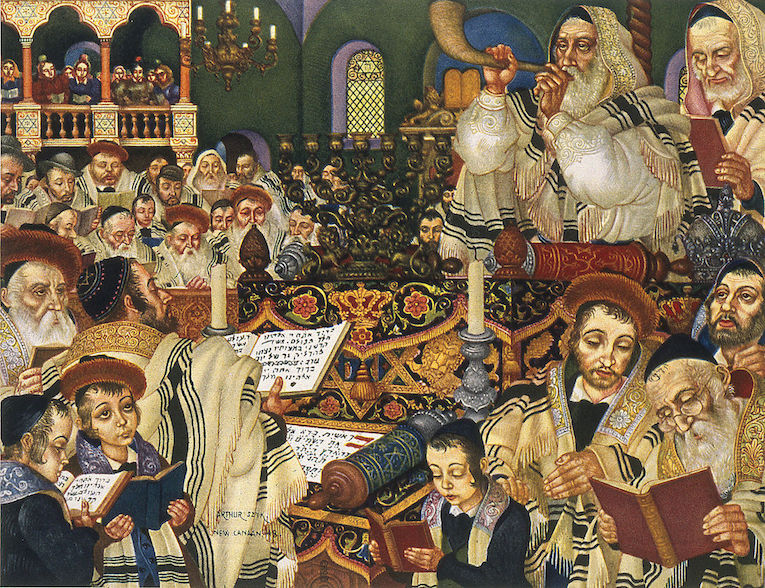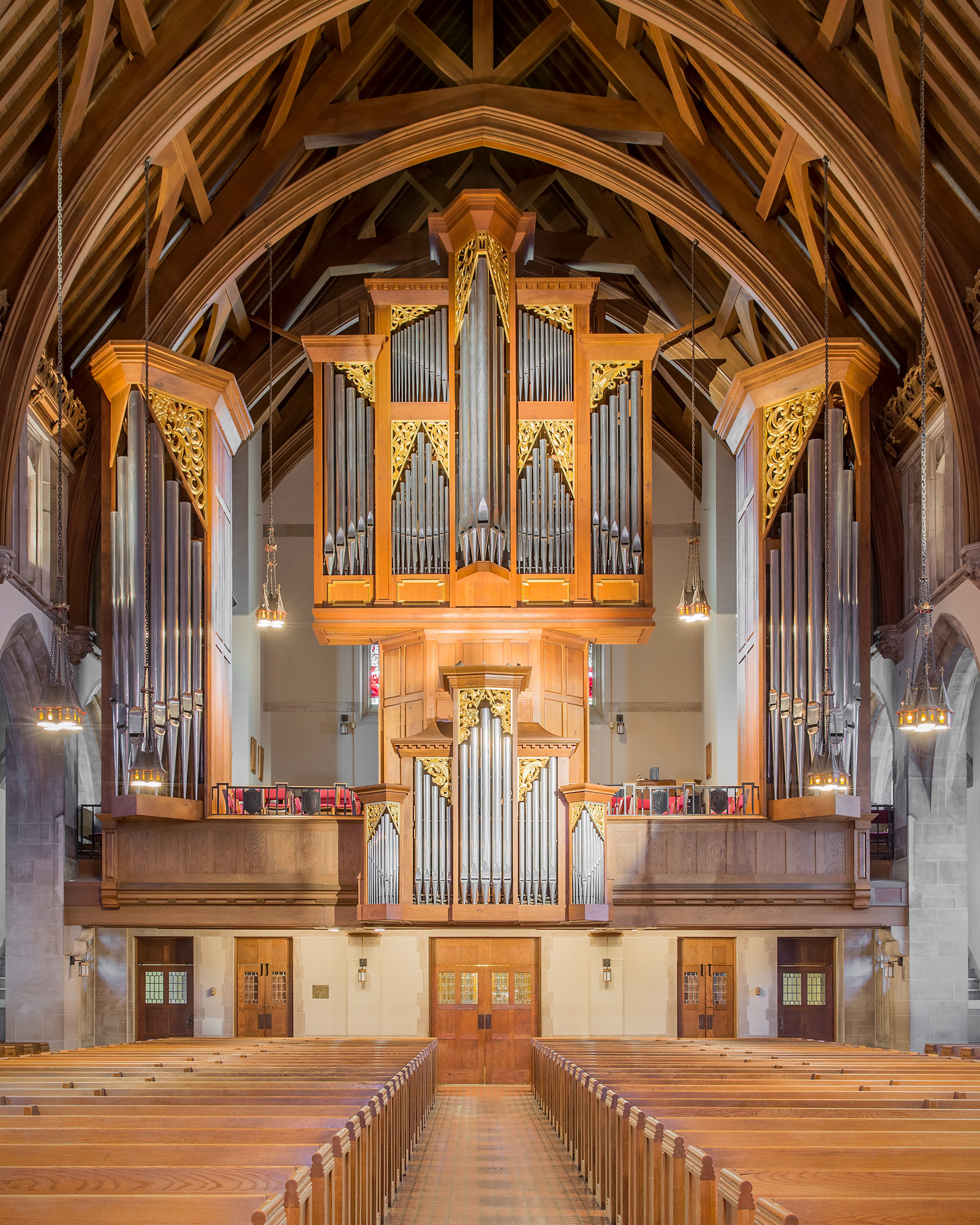Introduction
Yom Kippur, known as the Day of Atonement, is the holiest day in Judaism, observed by millions of Jews around the world. Falling on the 10th day of Tishrei in the Jewish calendar, this solemn day stands as a pivotal moment for reflection, repentance, and reconciliation. As 2023 approaches, understanding the traditions and significance of Yom Kippur is essential for both Jewish communities and those interested in learning about this meaningful occasion.
What is Yom Kippur?
Yom Kippur concludes the Ten Days of Repentance that begin with Rosh Hashanah, the Jewish New Year. It is a day of fasting, prayer, and reflection, where individuals seek forgiveness from God for their sins and from others for any wrongs done in the past year. The holiday aims to cleanse one’s spirit and start anew, reinforcing the values of humility and communal responsibility.
Observances and Traditions
The observance of Yom Kippur is marked by several important customs:
- Fasting: The most notable practice is fasting, which lasts approximately 25 hours, starting before sunset on the evening before Yom Kippur. This fast includes abstaining from food, drink, and physical pleasures.
- Kol Nidre Service: The holiday begins with the Kol Nidre service on the evening of Yom Kippur, where a prayer is recited to annul vows made throughout the year.
- Prayer and Reflection: The day is largely spent in synagogue services, where prayers, including the Vidui (confessional prayers), are recited, emphasizing collective and individual repentance.
- Ne’ilah Service: The final service of Yom Kippur, Ne’ilah, involves an intense prayer session, culminating in the blowing of the shofar (ram’s horn) as the fast ends.
Current Observations in 2023
In 2023, Yom Kippur falls on the evening of September 24 and concludes at nightfall on September 25. Communities worldwide are expected to engage in both traditional and modern adaptations of the observance. Many congregations are offering hybrid services (both in-person and online) to accommodate members who may be unable or unwilling to attend in person due to ongoing health concerns. This represents an evolution in how sacred practices can continue in a changing world.
Conclusion
Yom Kippur remains a foundational observance within Judaism, symbolizing hope, renewal, and the opportunity for personal growth. As communities prepare for this significant day in 2023, it is vital to acknowledge how these traditions foster a sense of belonging and collective responsibility. For those observing, engaging deeply with the themes of atonement and forgiveness can yield profound personal and spiritual transformations.


